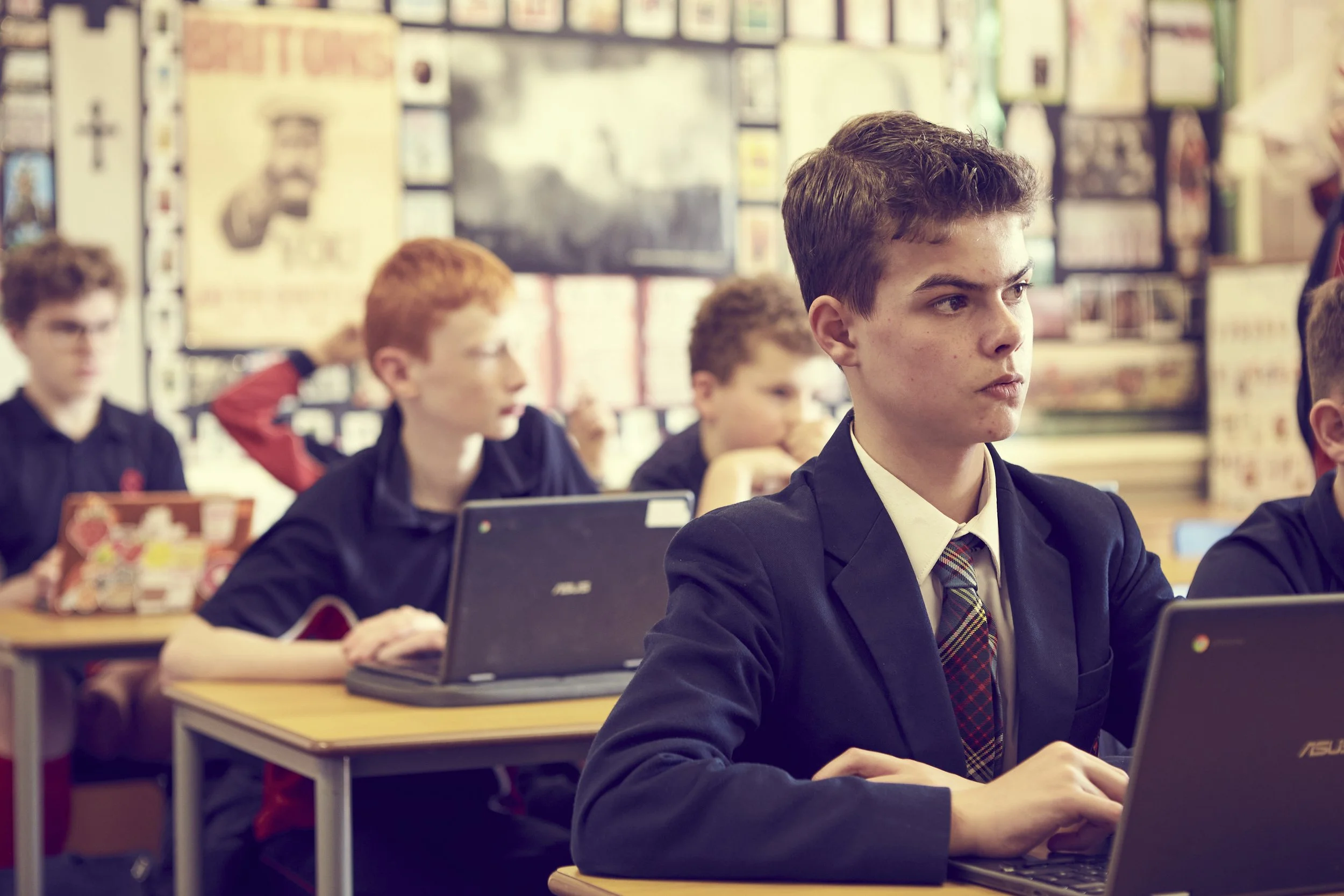Navigating the many pitfalls and traps of social media apps and online messaging is a skill that the majority of us developed well into our adulthood. We have had the luxury of learning social etiquette and emotional literacy through face-to-face relationships growing up, needing only to tweak this understanding to be able to thrive within the ecosystems of social media platforms and more recently mobile applications.
Our children have not had this luxury and as a result they are vulnerable.
Age ratings on social media are in place to recognise that many children have not developed the necessary maturity or ability to self-regulate effectively enough to cope in online chat forums or platforms. The standard age for platforms such as TikTok, Instagram or Youtube is 13 years old for exactly these reasons.
Whilst it is our choice as parents to allow access and participation on these applications, we must not be naive to assume that our children won’t make mistakes. Inexperience, immaturity and subsequent emotional impulsivity are understandable and must be prepared for. When mistakes are made by our children, we must treat the underlying lack of understanding and poor judgement by helping them understand the potential consequences of their actions. We cannot assume that our children fully grasp the concept of what is appropriate or inappropriate; nor that they can apply their understanding effectively in all situations.
Recently, in school, we have been informed of a number of issues from online behaviour from Years 5 to 11, whilst away from school. These have included unkind or ignorant snapchats posts, Tik Toks and videos. In rare but worrying cases, pupils (boys and girls) have posted inappropriate photographs of themselves, leaving them vulnerable to inappropriate comments and even grooming. Every week, new applications come online, enticing young people to chat to strangers, many of which we do not know about until it is too late. There has even been a recent alert informing us that a young person had been groomed through Spotify. It is extremely important that we as parents and primary carers are aware of the apps our child is using and how they are treating others online.
As you may already be aware, DC Andrew Kevan from Cheshire Constabulary will be visiting school at 9am on Friday 20th January to speak to parents regarding how you can keep your children and teenagers safe online. It is an extremely insightful presentation helping us to understand the mind of an online child and how we can help them to improve their digital hygiene.
The natural knee-jerk reaction is for us to delete the app/ban the chat/advise our child to leave the group so as to remove the immediate problem. However, this is not a long-term solution. Children will naturally be worried about missing out on communicating with their friends; they will be reluctant to act upon our advice and ultimately we may even risk losing their trust in our judgement as they seek to maintain their social relationships. The result of a hard hitting confrontation by us could be an unwillingness to share any future behaviours and concerns.
Open and honest dialogue with our children, to help them understand their feelings and what possible actions they can take to maintain healthy relationships, is vital. We need to equip them with the necessary tools and skills to cultivate and sustain a level of ‘digital hygiene’ that will stand them in good stead as they progress into their later teenage years. But, in order to do so, we ourselves need to be clued up and ready to support them - no mean feat I’m sure you will agree.
‘Digital Hygiene’ is a phrase which works very well with our children. It gives the correct impression that much of the content they access needs to be judged as to whether it is ‘clean’ enough.
Getting the right balance here isn’t easy for any parent. We highly recommend that you take a moment to look at these brilliant posts on our free Tooled Up Education library (free to register - please see emails from September). We have; and use them to guide our practice.
We are not supporting our pupils through this difficult time in their lives, if we do not act ourselves.

